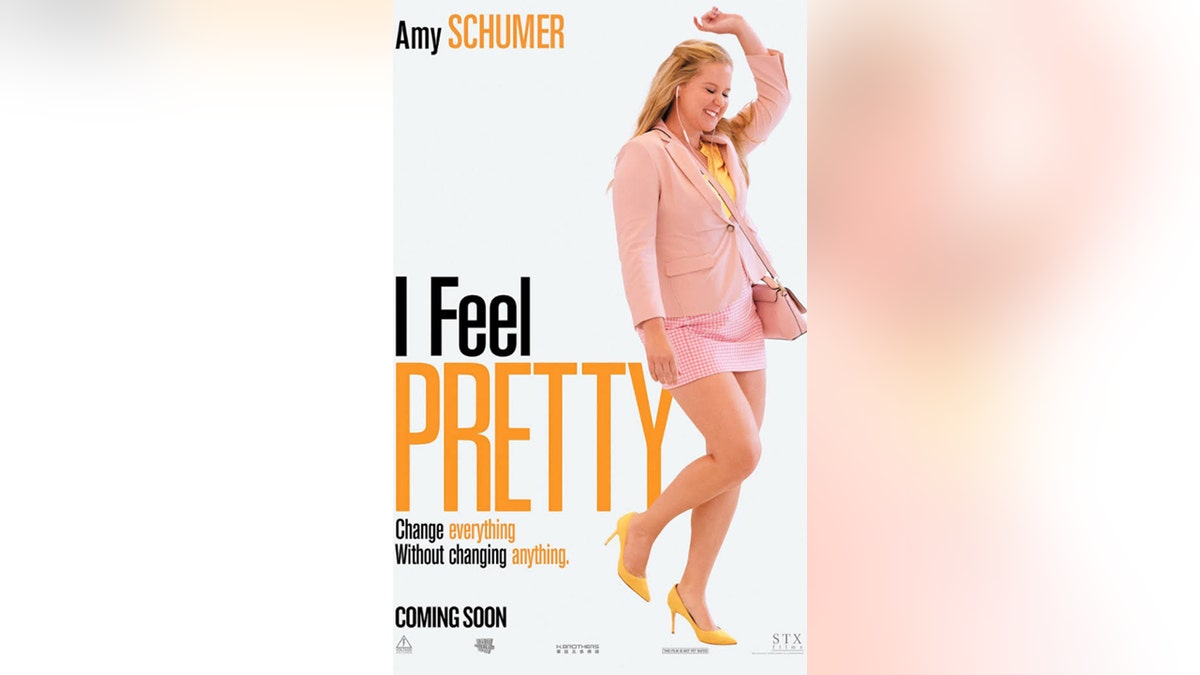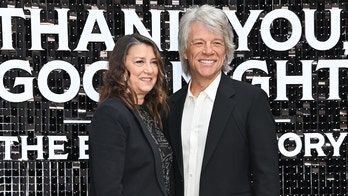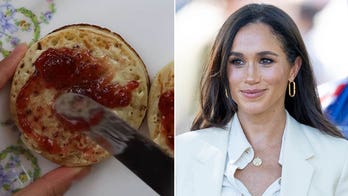
Amy Schumer’s new movie, “I Feel Pretty,” out Friday, sounds like a sure bet: a deeply insecure, average-looking young woman (played by Schumer) wakes up from a head injury thinking she’s a supermodel. Suddenly, she’s dressing hotter, strutting harder and dreaming bigger than she ever dared to before — until, in the end, she realizes it wasn’t her looks that changed; it was her attitude.
Yet despite its you-go-girl ethos, social-media users have slammed the trailer as “fat-phobic,” complaining that Schumer is too thin, too pretty, too blond and too “abled” to portray someone so ostensibly oafish. (Nevermind that the script — written by Abby Kohn and Marc Silverstein — probably appealed to Schumer because she’s routinely called too “fat” and “ugly” by internet trolls to be in movies at all.)
Perhaps all the brouhaha will just add to the movie’s hype, perhaps the film will make buckets of cash, perhaps it is just an innocuous comedy. But, regardless, “I Feel Pretty” and its swift backlash spells trouble for one of cinema’s most reliable and enduring tropes: Women are turning away from the makeover movie.
You’ve seen a million of them. A mousy leading lady realizes her beauty, confidence and worth through the magic of makeup, high fashion and — in the case of the ne plus ultra of makeover scripts, “Pygmalion” — manners. Think: “My Fair Lady,” “Pretty Woman,” “Clueless,” “She’s All That” and even man-makeover masterpieces “The 40-Year-Old Virgin” and “Crazy, Stupid, Love” . . . the list goes on.
The idea of physical transformation leading to love and happiness comes from fairy tales like “Cinderella.” It’s also part of the original lore of Hollywood, that dream factory where undiscovered Midwestern ducklings can blossom into swans on the silver screen.
That’s why early filmmakers loved George Bernard Shaw’s 1913 play “Pygmalion,” in which a posh professor sets out to transform a coarse, cockney flower-seller into a high-society lady. (Spoiler alert: They fall in love.) The first film version came out in 1935, followed by one in 1937, and another in 1938. Since then, “Pygmalion” has been adapted for the screen some 20 times, including the Audrey Hepburn-starring musical “My Fair Lady” and the 2015 teen comedy “The DUFF.”
But it wasn’t until the 1942 melodrama “Now, Voyager,” starring Bette Davis as a dowdy spinster who finds romance and self-confidence after altering her appearance, that the makeover movie became its own subgenre.
The film established the blueprint for nearly every movie metamorphosis that has come since: the frumpy uniform (dorky glasses, sensible shoes, bushy bun), the shopping-and-beauty montage and the full-body pan revealing the heroine’s jaw-dropping transformation. Its message has endured, too: That a makeover doesn’t so much change the person but gives her just enough of a boost to let her inner beauty shine through.
“I Feel Pretty” puts its own spin on this cinematic cliche by making Schumer’s glamorous rebirth take place entirely in her head. But the problem isn’t that Schumer isn’t frumpy or fat or ugly enough (is any movie star, really?), but that physical transformation is no longer in vogue: Women are to be considered perfect the way they are. As the singer of Best Coast tweeted, “Why the hell is a movie about a woman who isn’t happy or confident about herself until she sees herself as ‘supermodel thin and beautiful’ even being made in 2018?”
The cinematic heroines that resonate today are no longer mousy spinsters (like in “Now, Voyager”), edgy hookers with hearts of gold (“Pretty Woman”) or anxiety-ridden teens (pick any high school comedy from the late 1990s) that just need some polishing. They are Wonder Woman: competent, strong, morally superior goddesses. It doesn’t matter that in the real world, women are just as anxious — if not more so, with social media allowing strangers to comment on our looks around the clock — than we’ve ever been.







